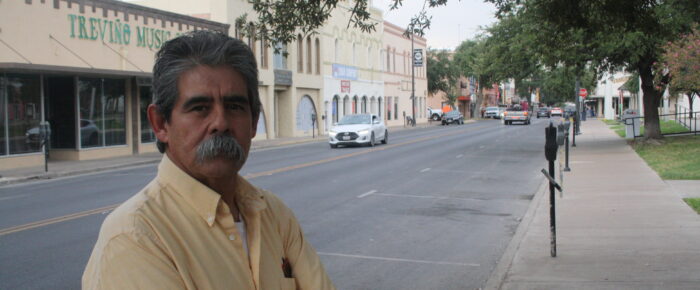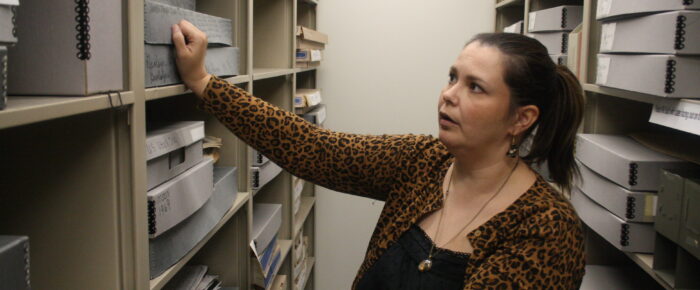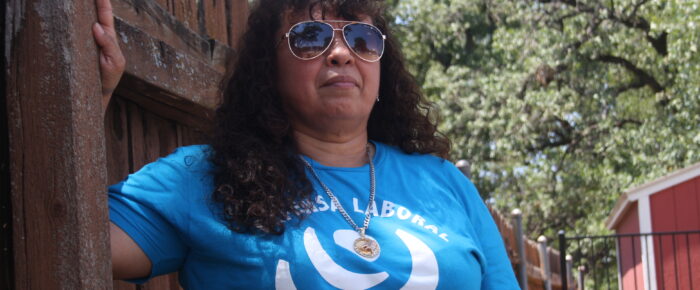DIY border fix? Texas tests limits on immigration policy.
Amid concerns about record encounters with migrants at the southern U.S. border, one of the most affected states is trying to take action on its own. But is that legal?
Read moreAmid concerns about record encounters with migrants at the southern U.S. border, one of the most affected states is trying to take action on its own. But is that legal?
Read moreSandra Day O’Connor’s historic appointment as the first female justice of the U.S. Supreme Court opened doors to women. She brought compassion and pragmatism to a trailblazing career.
Read moreHistory has many lessons to teach. But should the past rule over the present in all instances? That was a question taken up Tuesday at the Supreme Court, when the justices heard the major gun case of the term.
Read more
What is the purpose of studying the past? A lawsuit against a Texas historical organization was really, both sides say, about how the narrative arc of history will bend in the future.
Read more
Residents of Eagle Pass, Texas, live with the border crisis in ways most of the rest of the U.S. does not. They want a secure border. They also want humane treatment of migrants.
Read more
The public library in Uvalde, Texas, is documenting the “outpouring of love” after the mass shooting at Robb Elementary School last year, helping the town to process and heal.
Read more
Record-breaking heat this summer has raised risks for millions of American workers in hot conditions. This is helping to spur a rethink of how the country manages extreme heat and labor.
Read moreThe Texas power grid – famous for failing when it is most needed – has come through weeks of record 100-degree days like a champ. Its performance could provide a model for the rest of the United States on what energy transformation can look like.
Read moreHow do you make reparations for historic harm when money is off the table? To accept cash for stolen land would be to sell out in the purest sense, members of the Sioux say. They want their land – or at least a say in how it is protected.
Read moreWhat does it mean to have a childhood? As both red and blue states loosen child labor laws, Americans are debating questions that last came up at the beginning of the 20th century.
Read more